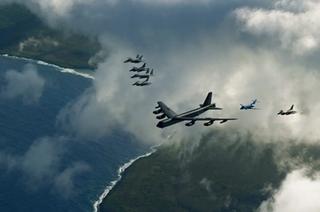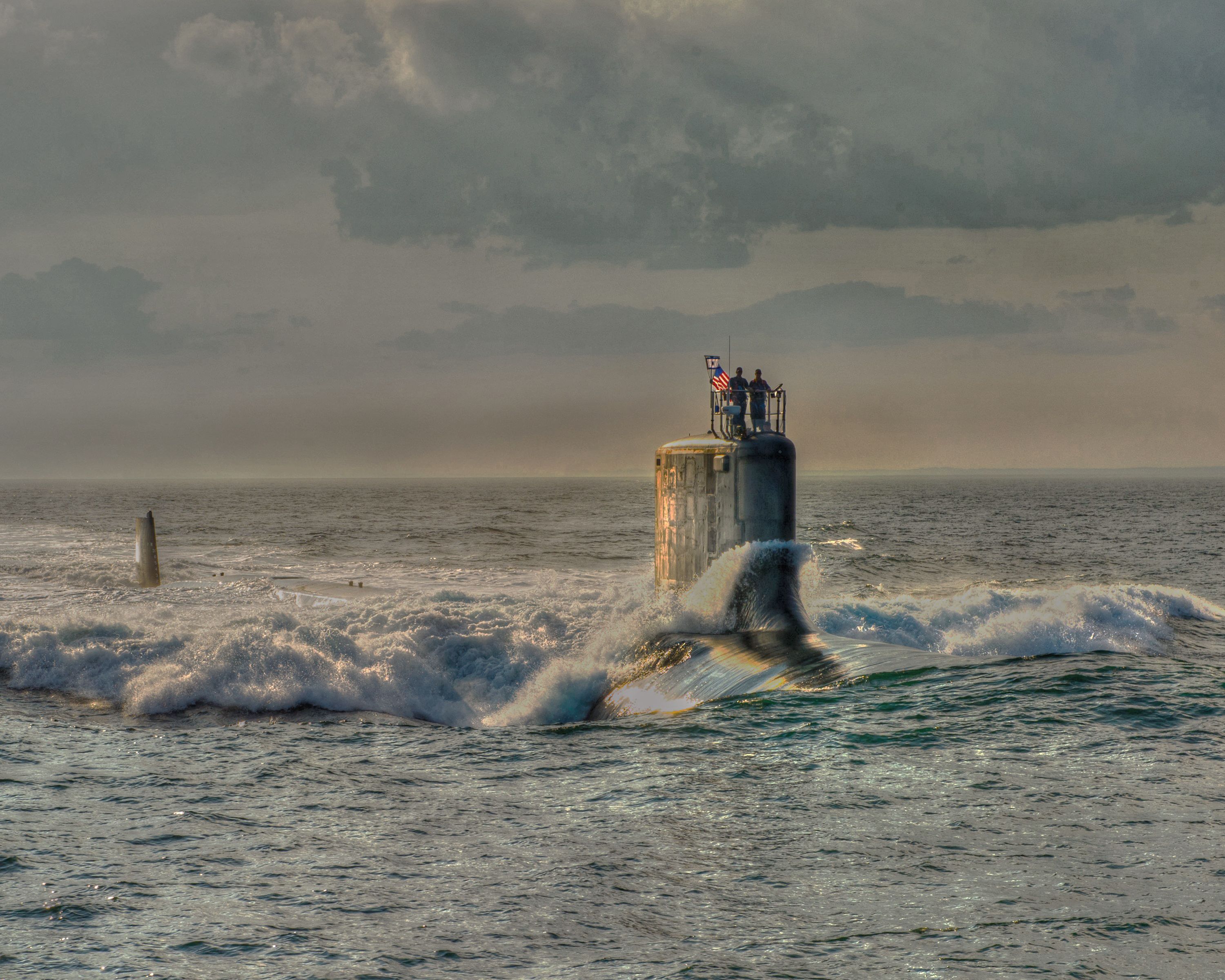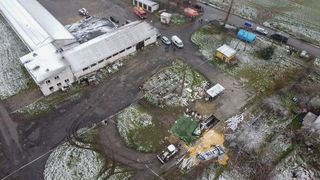Wars can begin on mistaken assumptions.
They can also begin when people arrive at them on false conclusions.
The outbreak of the Great War after the assassination of Archduke Franz Ferdinand is an example of a massive overreaction by a great power that resulted in horrific suffering and the redrawing of the map of Europe.Perhaps a better example of the wrongful conclusion leading to hostilities is the outbreak of the Spanish-American War and the case of the U.S.S. Maine.
On 15 February 1898, the USS Maine, an American warship, was visiting Havana, Cuba on a mission to protect US lives during an insurrection against the Spanish overlords.
The Maine exploded without warning and with heavy loss of US naval personnel.
We now know that the Maine probably sank after the ammunition on board in her lockers spontaneously combusted.
Some 266 of the Maine’s crew of 354 perished in the blast.
Tensions were already running high between republican America and imperial Spain, and Americans were outraged at what appeared to have been Spanish involvement in the Maine’s destruction.
A mine was blamed for the sinking, and Spain was held responsible.
We now know that the Maine probably sank after the ammunition on board in her lockers spontaneously combusted.
But the die was cast, and war was declared, firstly by the American press and then by the United States itself.
The consequences of this wrong judgment were extraordinary.
The Spanish Empire in the Western hemisphere and in the Pacific was destroyed.
America moved from being a republic to an empire, gaining Puerto Rico and the Philippines, and expelling the Spanish from Cuba.
As well, a future US American President in Theodore Roosevelt was made at the head of the 1st United States Volunteer Cavalry, the “Rough Riders”, who achieved legendary fame for their actions in Cuba.
The results of determining a hostile act which leads to a broader war can therefore be devastating.
The American slogan for the war was simply: “Remember the Maine!”.
Sections of the American media beat the drum with great vigour.
In a famous exchange, William Randolph Hearst’s correspondent in Cuba, the skilled artist Frederic Remington, cabled to his publisher that "there will be no war" in the island country.Hearst replied bluntly and cynically: "You furnish the pictures and I'll furnish the war".
And he did.
This brings us to the recent tragedy in the Polish/Ukrainian border village of Przewodow.
Early on, Ukraine, including President Zelenskyy, blamed the Russians for the missile that killed two Polish civilians.
Initially, much of the world was prepared to believe this was simply yet another Russian atrocity.
True, the Russian Defence Ministry denied all knowledge.
But Russia’s credibility is so low it has slipped below Arctic levels; most people hear a Kremlin statement and immediately disbelieve and dismiss it.
The Russian denial came against a backdrop of extensive missile attacks on Ukrainian civilians and a pending criminal verdict in the District Court of The Hague regarding the downing of MH17 and the deaths of all 298 souls on board.Russia denied this too.
Consequently most people expect routine Russian denials to be less than convincing.
In fact, the Kremlin might do better to share denials before they commit atrocities - rather than after.
But on this occasion, it seems Russia is not involved in this escalation.
The Russian denial came against a backdrop of extensive missile attacks on Ukrainian civilians and a pending criminal verdict in the District Court of The Hague regarding the downing of MH17 and the deaths of all 298 souls on board.Russia denied this too.
True, the Russians would like to see how NATO would respond to a hostile encroachment on one of its member’s territories.
Article 5 binds all the members to act in defence of one of their number, and for a time it looked like this missile strike could trigger that consideration.
But Article 4, requiring consultation, appears to be the vehicle by which NATO is mobilising an appropriate response.
This is a product of cool heads prevailing in a very tense situation.Full marks to the US, in consultation with American allies, for announcing very early on that the missile in question was unlikely to be fired from Russian territory given its trajectory.
This single statement by US President Joe Biden cooled the temperature and suggested that diplomatic steps might be taken to resolve the issue.
This was particularly significant as some of NATO’s eastern members, particularly in the Baltic, believed the Russians were engaged in escalation.
NATO can respond effectively by strengthening air defences of both Poland and Ukraine to minimise the chance of a similar incident happening again.
But the tragedy in Poland fell short of requiring a comprehensive NATO mobilisation.
We should still Remember the Maine, but for very different reasons than those originally offered by William Randolph Hearst.




.jpg?rect=0,80,3000,1989&fp-x=0.5&fp-y=0.44772296905517583&w=320&h=212&fit=crop&crop=focalpoint&auto=format)

